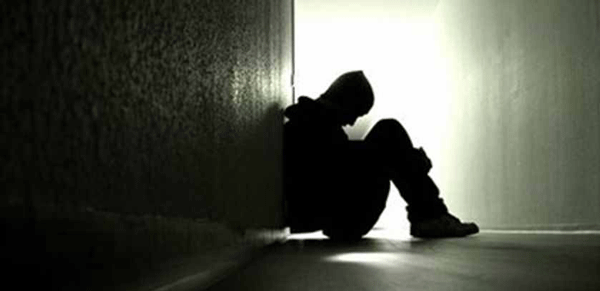In the "Myth Of Sisyphus," Camus uses the term "nostalgia of unity" to describe rationalism. What does that mean? I've given it a lot of thought in recent weeks. So many of my patients deeply desire some narrative thread to their lives and closure to painful and horrible things that have happened to them.
This is not a new insight. Viktor Frankel and more have discussed more have discussed the role in finding meaning in suffering and Narrative Therapy is built around the idea that we are fundamentally storytelling creatures, and that good therapy involves reframing our stories. Yuval Noah Harari makes it a central theme of his book, "Sapiens."
But what Camus does to all forms fo narratives and unity is shatter them. He says that all human beings try to use their rationalism and logic to make sense of a world that doesn't make any. In a word: absurdity. It's absurd that a bomb could kill me today when I go to the subway station or that a friend could die in car accident. None of it really makes sense.












